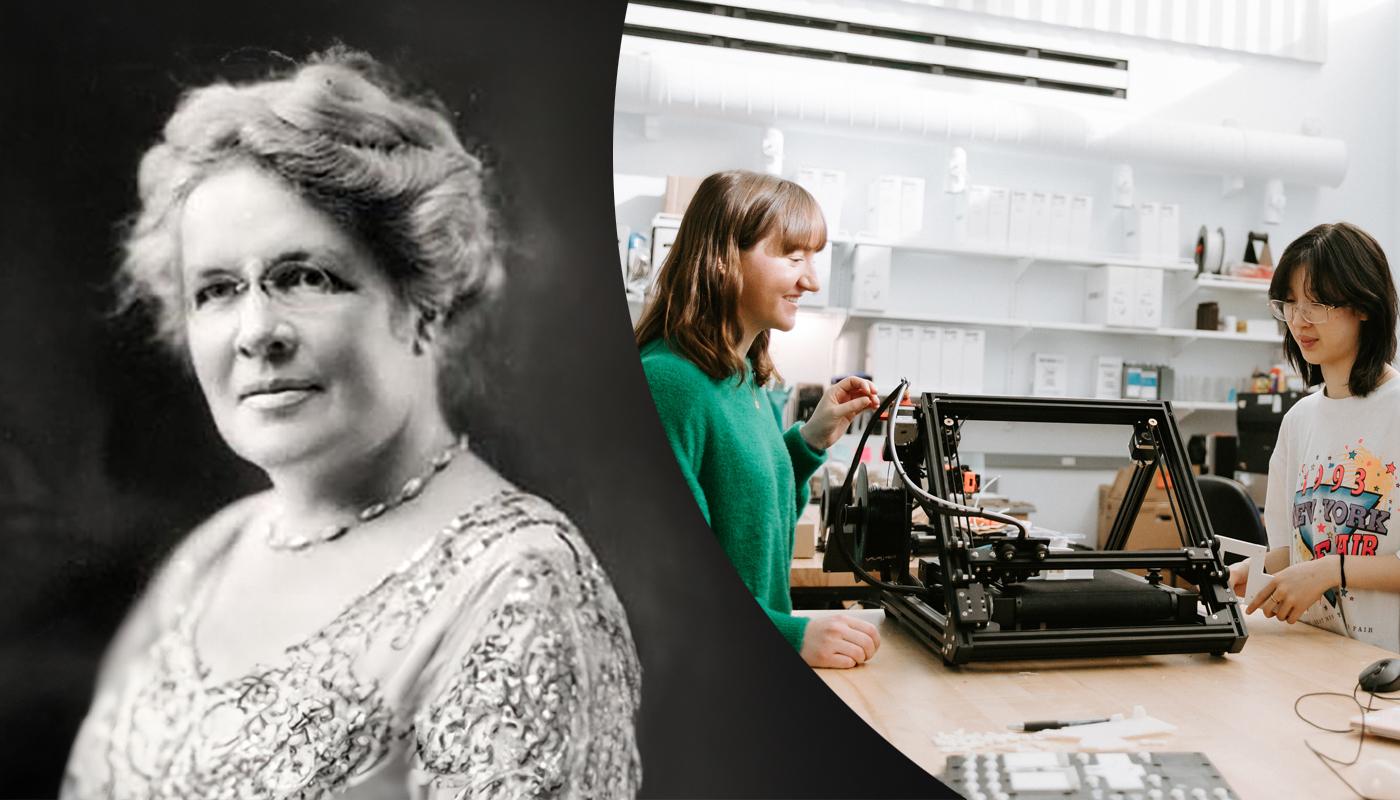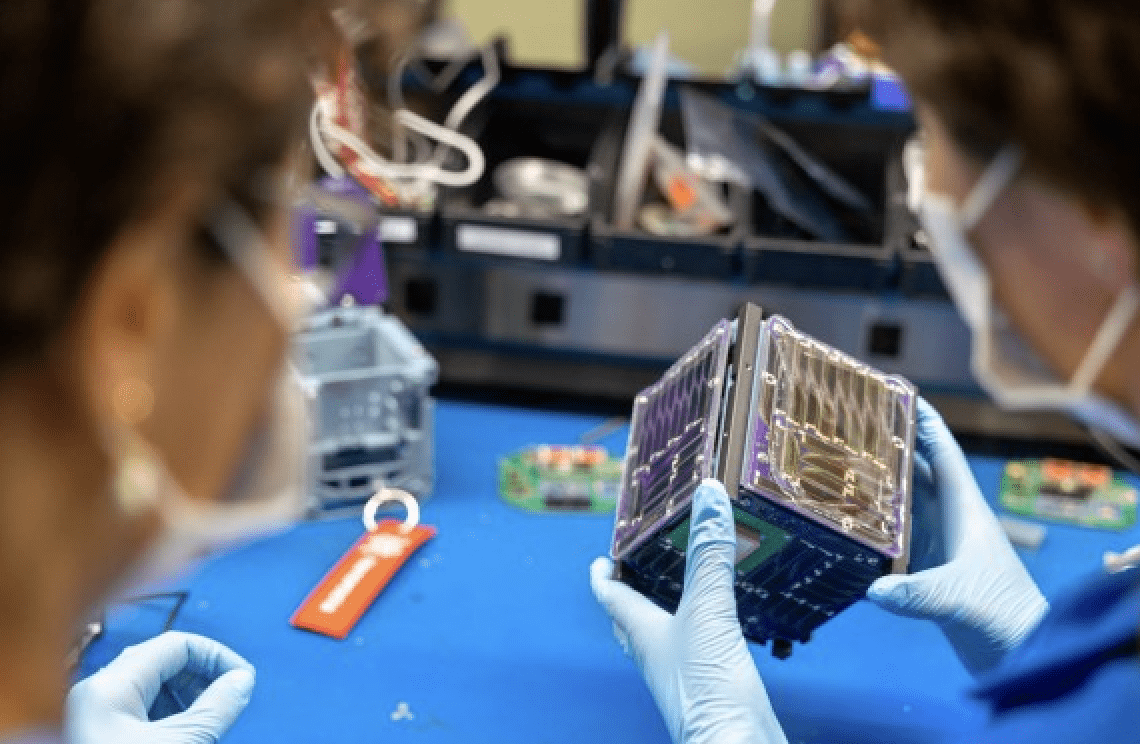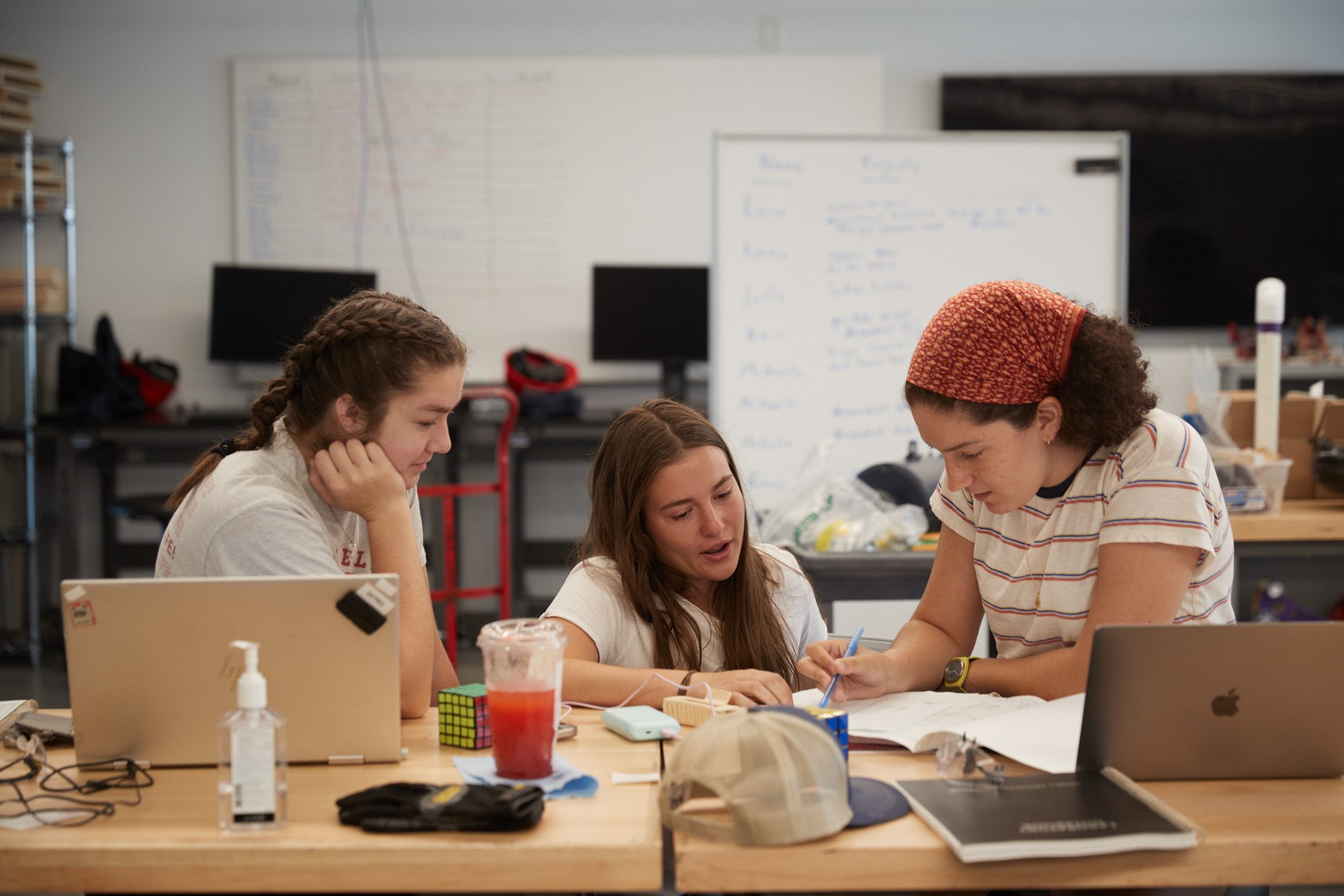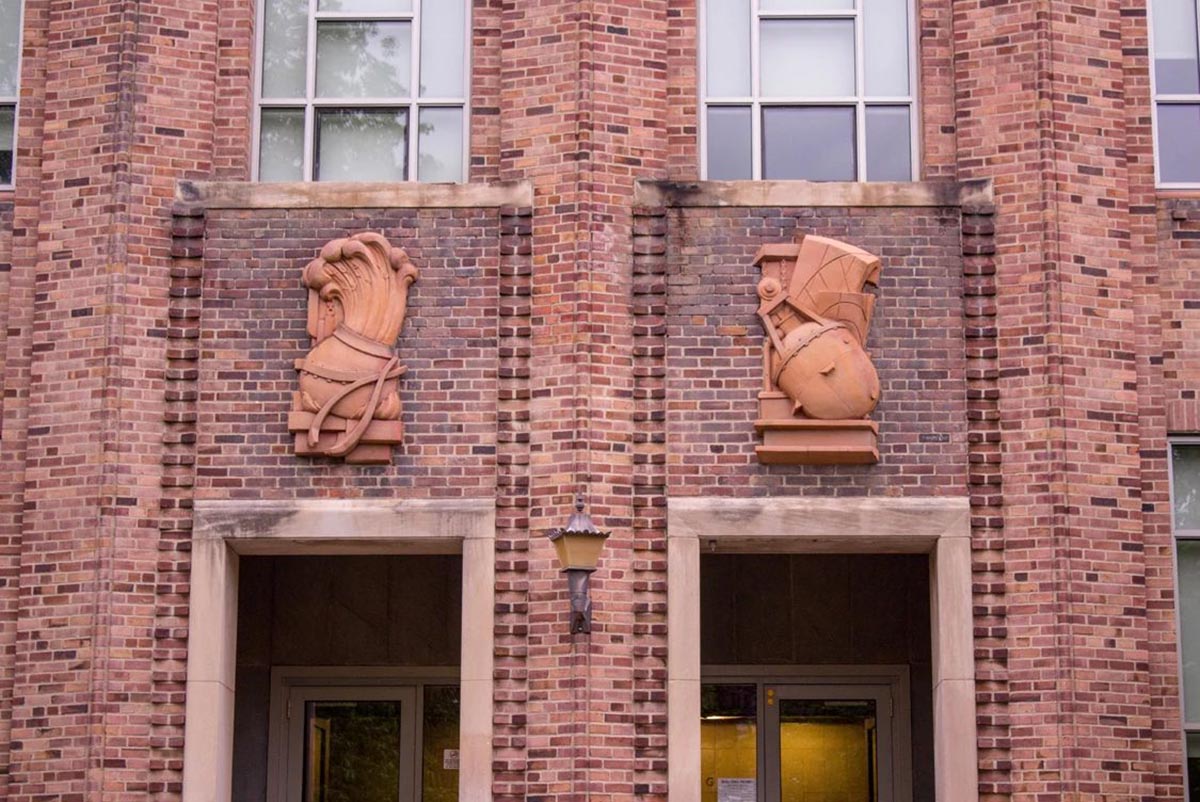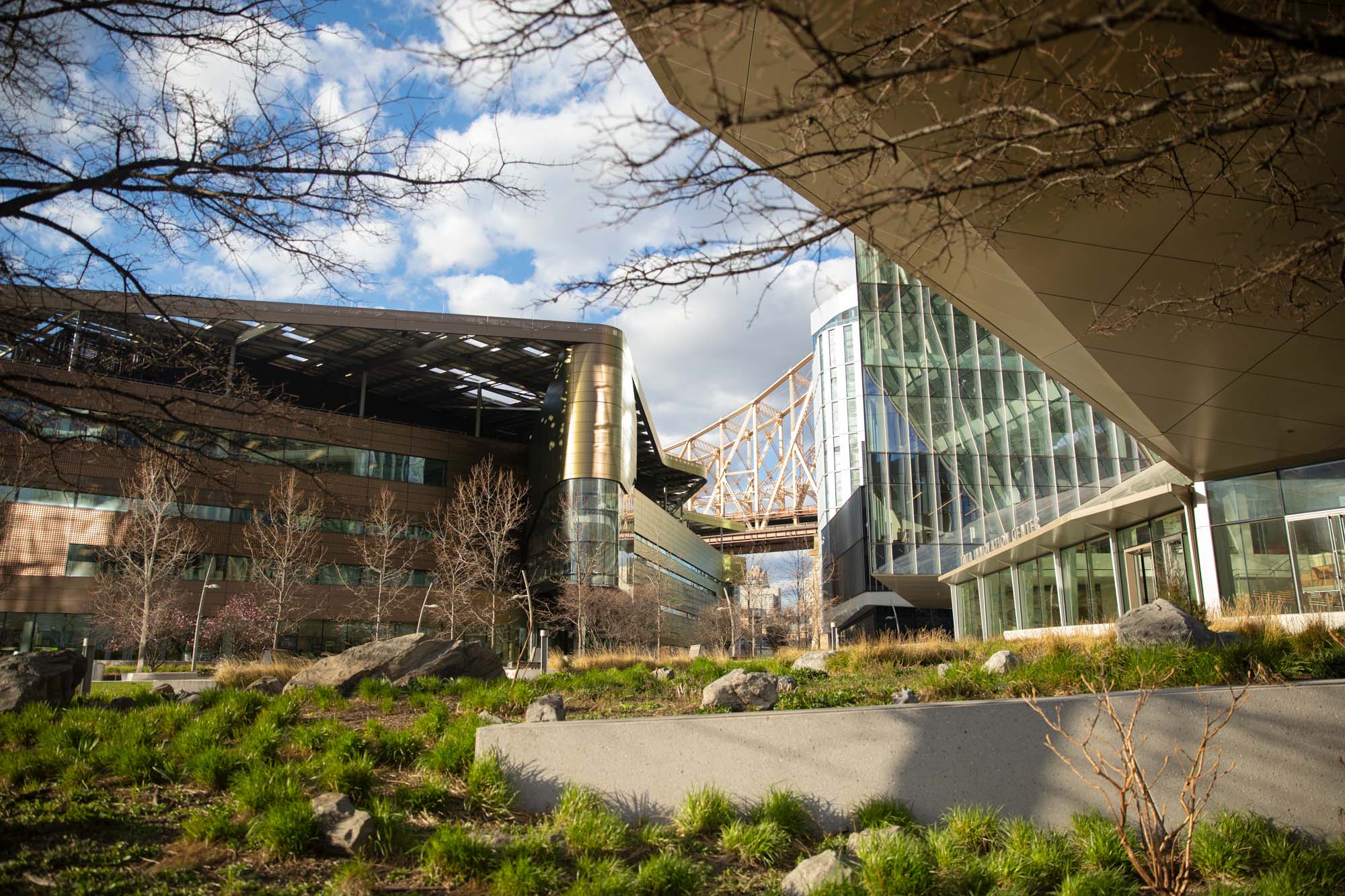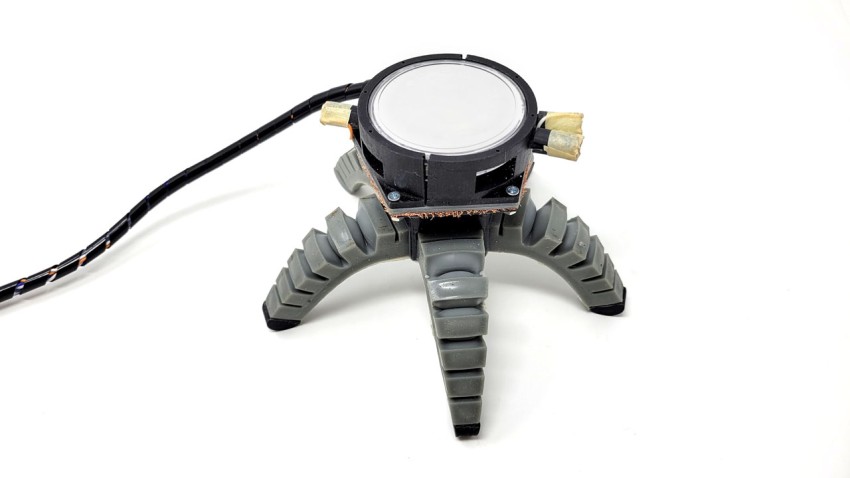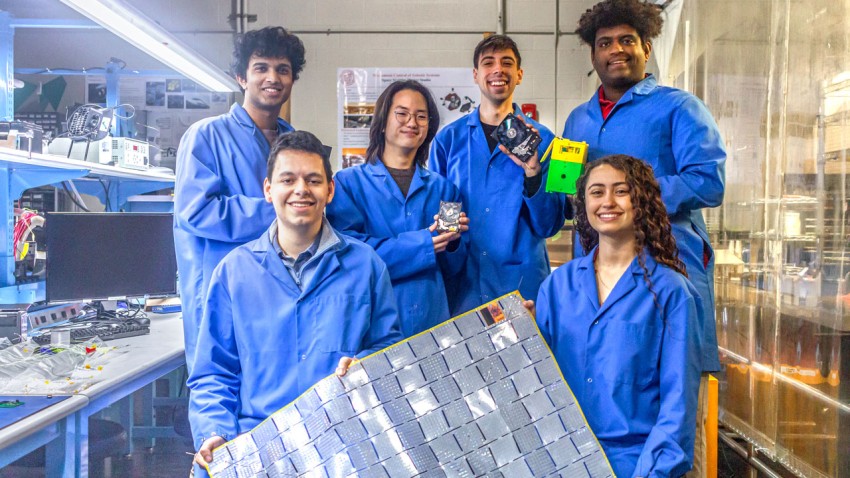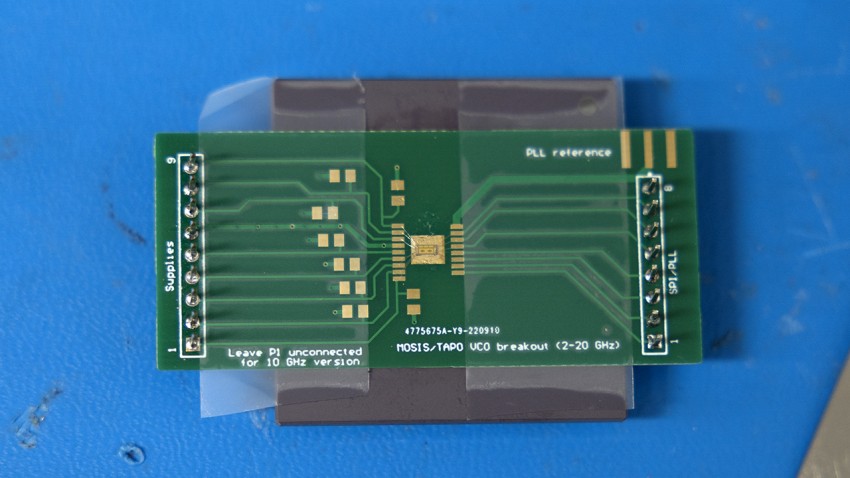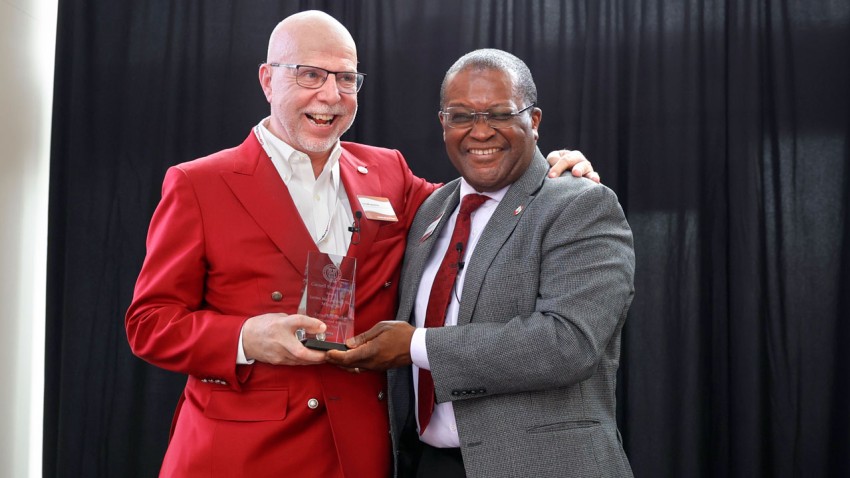Feature Stories
-
![The Padres sisters examine Alpha CubeSat (a light sail-carrying, cube-shaped satellite) in the Space Systems Design Studio Lab in Rhodes Hall.]()
Sophomore twins and space enthusiasts reach for the stars
Identical twins Ashley and Verena Padres ’26 were obsessed with space exploration by the time they were 10 years old. Their approach is now in use in multiple aerospace projects at Cornell and beyond. After working together for years, the sisters said Cornell’s collaborative environment was a huge draw.
-
![Students work together]()
Students revive classic microchip fabrication with open-source tools
Microchips drive so many essential electronics, from appliances to airplanes, it is easy to take them for granted. But they are not easy to make. For the past two years, a unique project team has enabled Cornell undergraduates to use emerging open-source hardware to design, test and fabricate their own microchips – a complex and expensive process that is rarely, if ever, available to students.
-
![Olin Hall with terracotta reliefs above entrance]()
Excellence ascending: Engineering’s women leadership at historic high
Cornell Engineering, which enrolled its first woman 140 years ago, has seen a dramatic acceleration of women leadership in recent decades. For the first time in the college’s history, every school and department currently has a woman faculty member as its leader or serving as an associate dean.
-
![Cornell Tech Campus]()
Martin Y. and Margaret Lee Tang Hall named for major gift to Engineering
The first new facility to be built on the Pew Engineering Quad in two decades has been named Martin Y. and Margaret Lee Tang Hall, commemorating a significant gift from Martin Y. Tang ’70 and Margaret Lee Tang that will measurably enhance faculty excellence through the recruitment, support and retention of exceptional researchers, educators and scholars.
News Briefs
-
![Nancy and Bob Selander]()
Major gift launches Selander Center for Engineering Leadership
The multiyear program will weave training in fundamental leadership skills, including effective listening and seeking feedback, into the curriculum.
-
![Kavya Mittha ’26, left, and Aisha Brundan ’25 prepare to submerge and test their bobbing buoy wave energy converter at the DeFrees Hydraulics Lab in Hollister Hall.]()
Student-made wave converters aim to seize the sea’s energy
Two Cornell Engineering undergraduates are working to make arrays of wave energy converters – devices catch the waves and turn them into electricity – and move the technology closer to actuality.
-
![]()
Biohybrid robots controlled by electrical impulses — in mushrooms
Cornell researchers discovered a new way of controlling biohybrid robots that can react to their environment better than their purely synthetic counterparts: harnessing fungal mycelia’s innate electrical signals.
-
![EV battery]()
Fast-charging lithium battery seeks to eliminate ‘range anxiety’
A team in Cornell Engineering created a new lithium battery that can charge in under five minutes – faster than any such battery on the market – while maintaining stable performance over extended cycles of charging and discharging.
-
![A smart sensor that attaches to the tip of a syringe can measure, in real time, the concentration and viability of the cells that pass through it – a potential breakthrough for biomedical 3D printing and cell therapy.]()
From lab to patent: Undergrad creates smart syringe for bioprinting
A smart sensor that attaches to the tip of a syringe can measure, in real time, the concentration and viability of the cells that pass through it – a potential breakthrough for biomedical 3D printing and cell therapy.
-
![Light Sail team]()
Cornell light sail to deploy on International Space Station
A light sail, which uses the momentum of sunlight to travel through space and could one day propel small spacecraft through interstellar realms, is headed to the International Space Station for testing on behalf of Cornell’s Space Systems Design Studio.
-
![]()
There’s two sides to this semiconductor, and many simultaneous functions
A Cornell-led collaboration has developed the first dual-sided – or “dualtronic” – semiconductor that combines photonic and electronic functions simultaneously.
-
![]()
Psychedelics excite cells in hippocampus to reduce anxiety
A classic psychedelic was found to activate a cell type in the brain of mice and rats that silences other neighboring neurons, providing insight into how such drugs reduce anxiety.
-
![3 students and 2 competiton representatives pose with a novelty check for $22,000]()
Students win DOE solar prize with Agrivoltaic Design Studio
Students won the solar tech prize in the 2024 EnergyTech University Prize competition for their entry “Agrivoltaic Design Studio,” a sustainable farming technique that combines agriculture and solar energy production.
-
![]()
Hybrid system would create new ‘backbone’ for internet in space
A new NATO-funded effort led by assistant professor Greg Falco ’10 seeks to make the internet less vulnerable to disruption by rerouting its flow of information to space.
-
![Computer chip]()
3D reflectors help boost data rate in wireless communications
Researchers developed a semiconductor chip that will enable ever-smaller devices to operate at the higher frequencies needed for future 6G communication technology.
-
![Jim McCormick ’69, M.Eng. ’70, left, was celebrated as the 2024 Cornell Engineering Distinguished Alumni Award recipient, March 7 in Duffield Hall. McCormick is pictured with Lynden Archer, the Joseph Silbert Dean of Engineering.]()
McCormick ’69, M.Eng. ’70, earns Engineering’s highest alumni honor
James McCormick ’69, M.Eng. ’70, an influential business leader, philanthropist and longtime supporter of education initiatives at Cornell and nationally, received the Cornell Engineering Distinguished Alumni Award during a celebration event on March 7 in Duffield Hall.
Nano Stories
Overheard
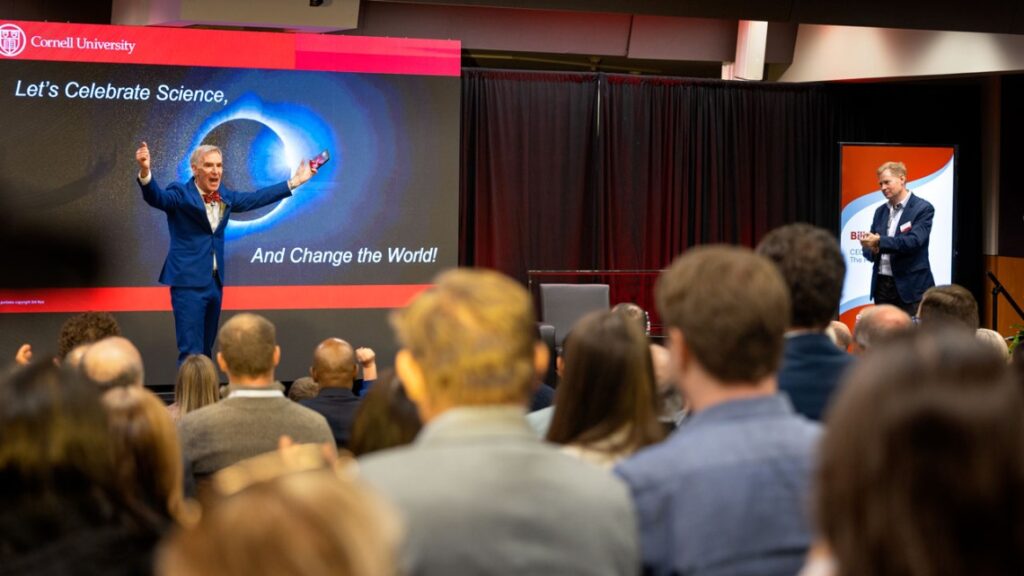
Slide rules, sundials and comedy: Bill Nye hails scientific solutions
“I feel that working together, you guys, we can use the progress of science, the engineering of stuff that moves, and we can – dare I say it – change the world!”
—“Science Guy” Bill Nye ’77 at the Sibley 150 celebration, hosted April 25 in Upson Hall to mark 150 years of mechanical engineering at Cornell.
Around Campus
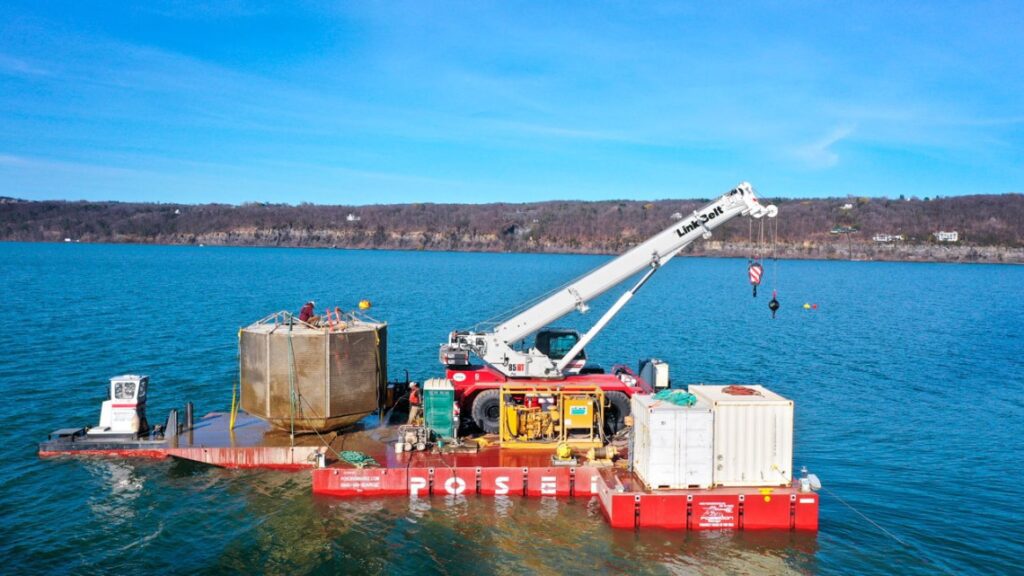
Pigs, mussels and 3D printing keep Lake Source Cooling flowing
Mark Tarazi ’24, who managed Cornell Engineering’s Rapid Prototyping Lab as a student, 3D printed shackle alignment tabs used by engineers to help scrub invasive mussels and debris out of an intake pipe that feeds Cornell’s Lake Source Cooling system, which pumps 32,000 gallons of cold water per minute to campus.
In the Field
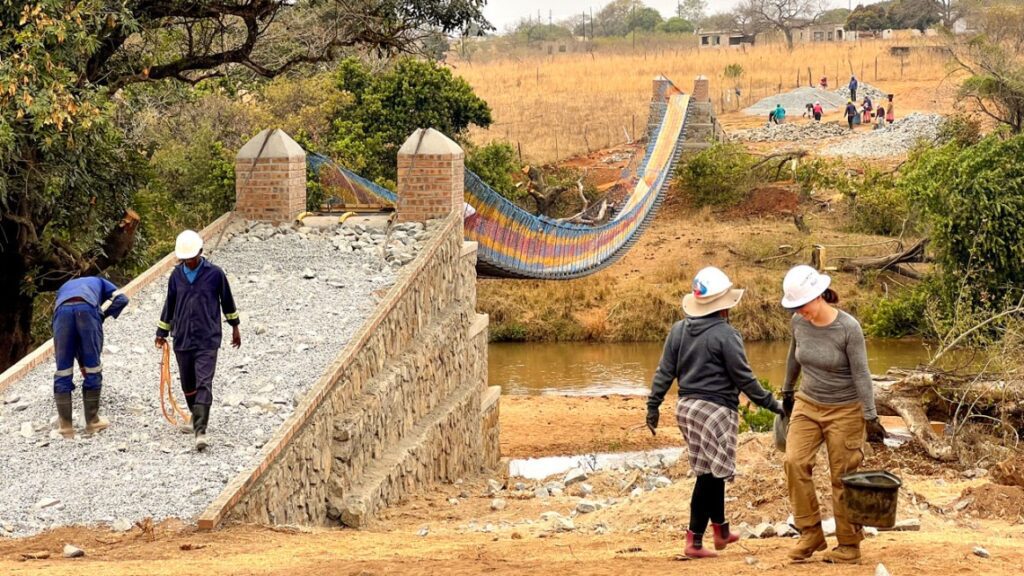
Student team expands impact with water and bridge projects in Eswatini
The Engineers in Action student project team has built footbridges connecting thousands of people in Eswatini, Africa, to schools, health care and markets. Now the group is expanding their impact with two new projects: a solarpowered groundwater and disinfection system to ensure clean drinking water, as well as a new suspension bridge to be constructed in 2025.
Teaching Excellence
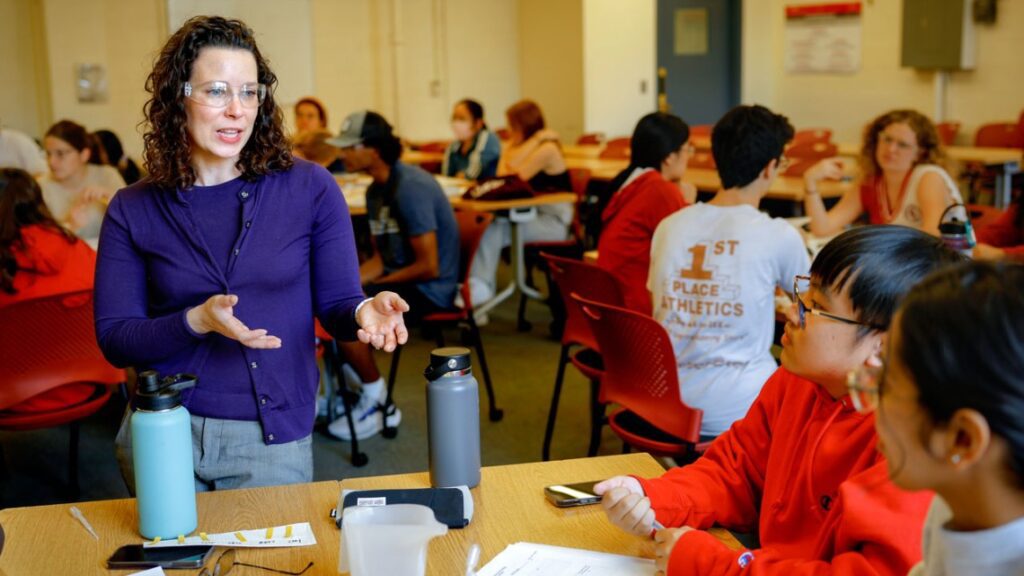
Irwin gift endows unique engineering education professorship
The Dr. G. Stephen Irwin ’67, ’68 Professorship in Engineering Education Research in the R.F. Smith School of Chemical and Biomolecular Engineering, held by Allison Godwin, is a newly endowed professorship that is part of the college’s broader initiative aimed at recruiting and retaining faculty members who research how engineering students best learn and retain technical subjects, form identities as engineers and enter engineering career fields, labs, and other learning environments.
Trending
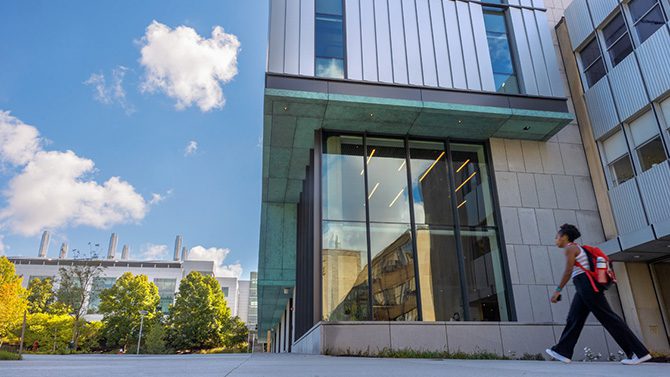
20 Years of Biomedical Engineering at Cornell
BME 20, hosted Sept. 20-21 on campus, marked the 20th anniversary of the Meinig School of Biomedical Engineering at Cornell, offering a moment for the community to celebrate the school’s transformative contributions to science, medicine and education. It was also an exciting opportunity to look ahead to the innovations that will shape the next 20 years.
Maker’s Corner
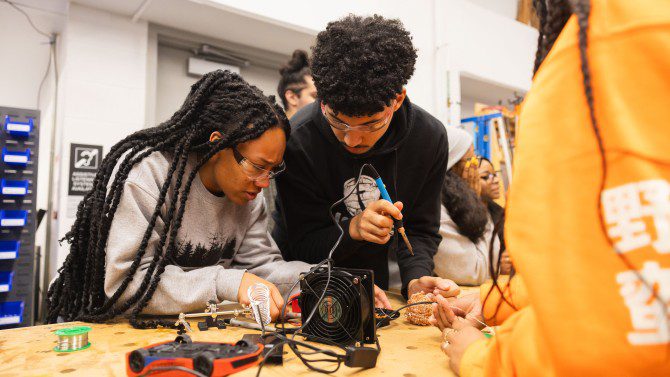
Student group adapts toys, devices for kids with disabilities
The Big Red Adaptive Play and Design Initiative has more than 100 student volunteers, including engineers that have helped develop a large lending library of toys used by nine self-contained schools, rehabilitation centers and other organizations dedicated to serving people with disabilities. They joined forces with Ithaca College students to tailor motorized toy cars to the abilities of four kids with mobility difficulties.
